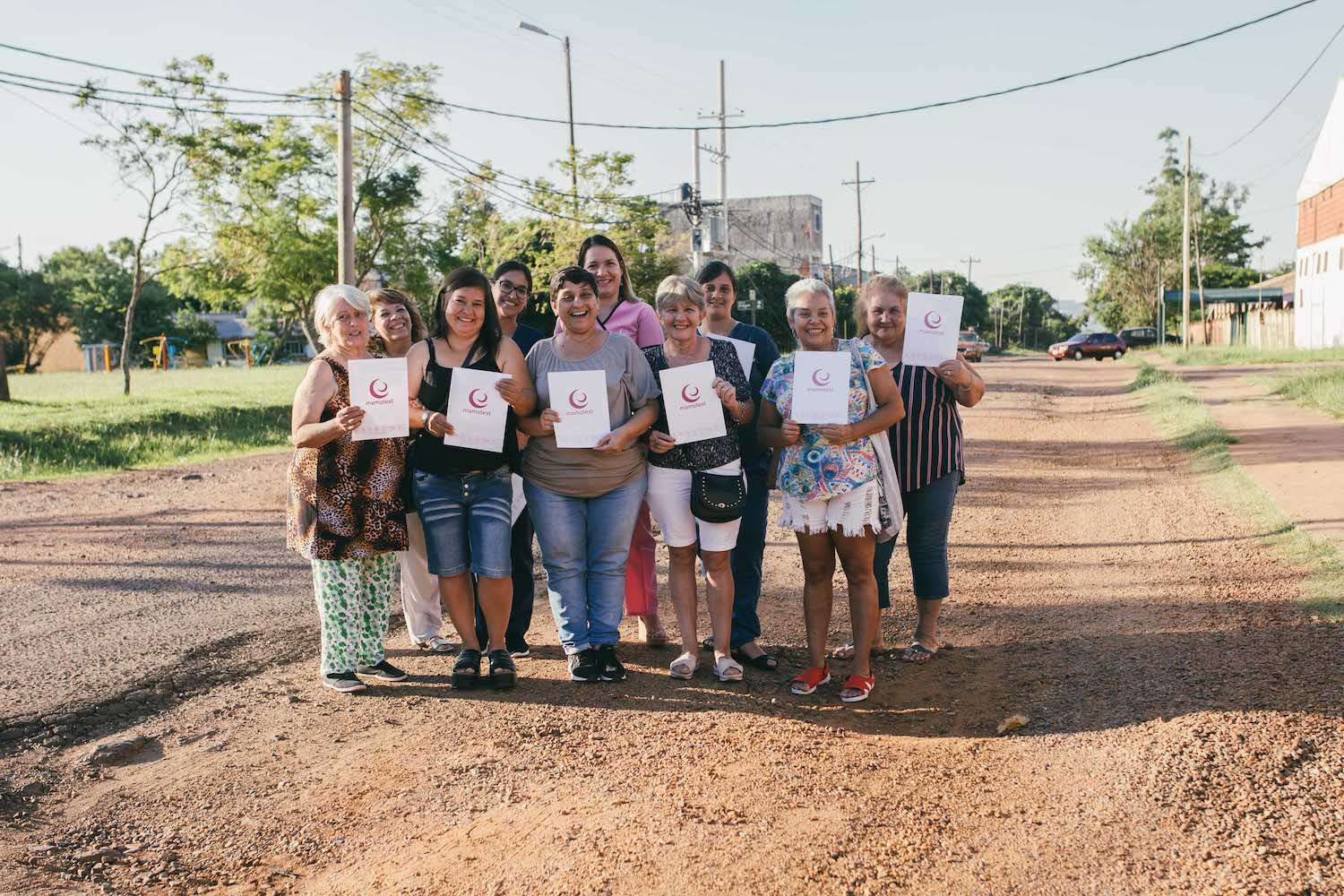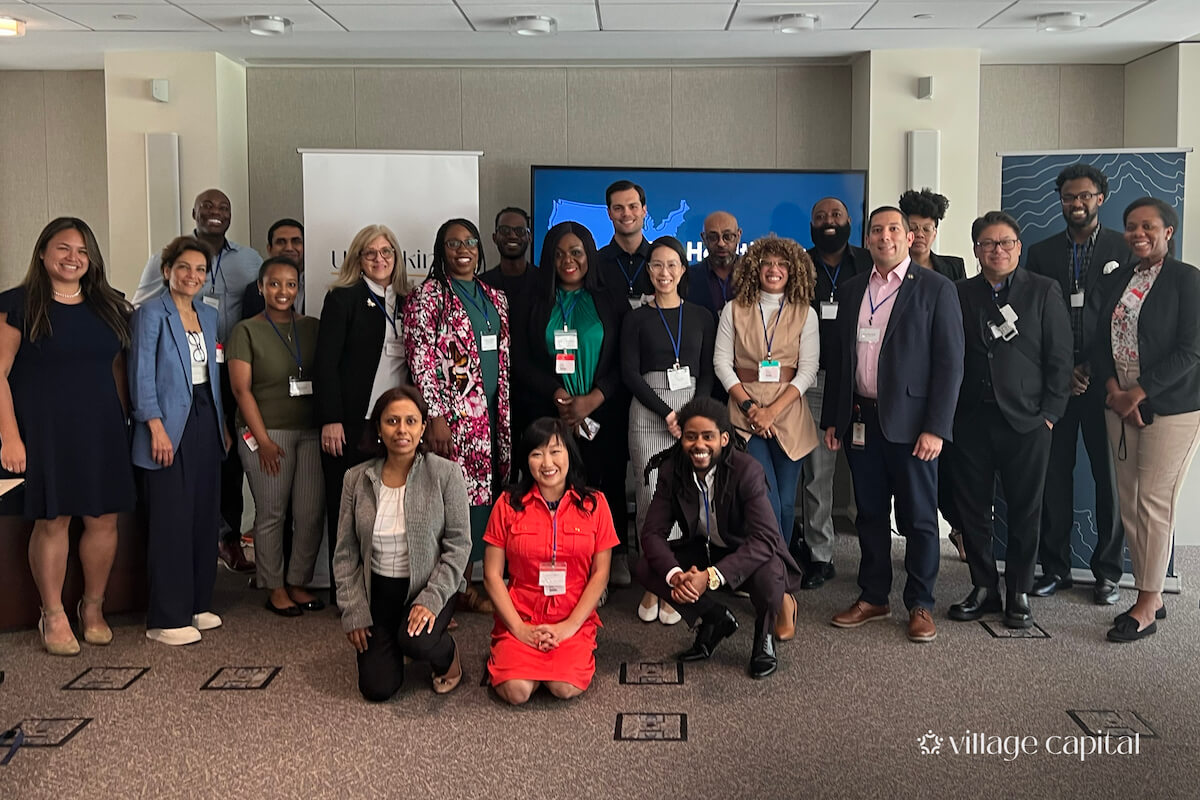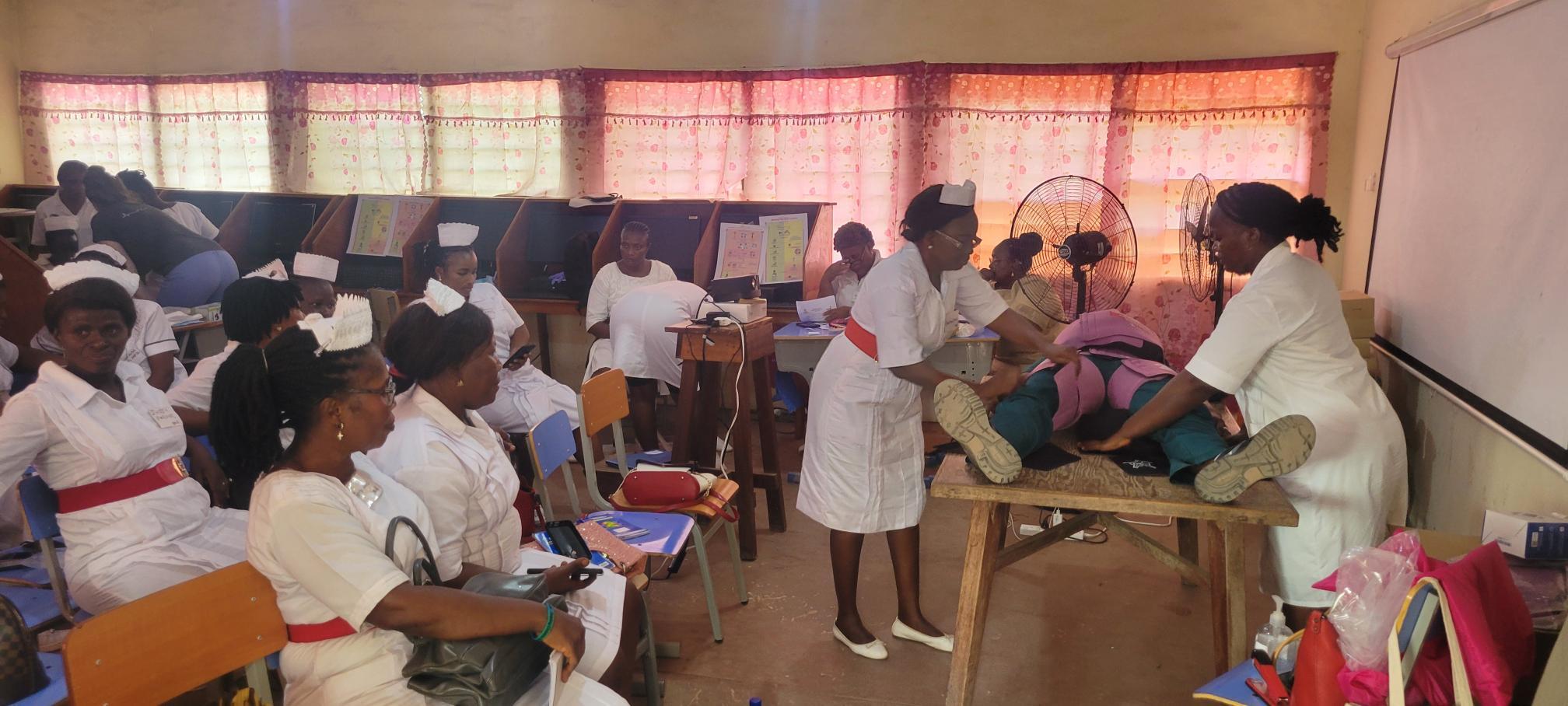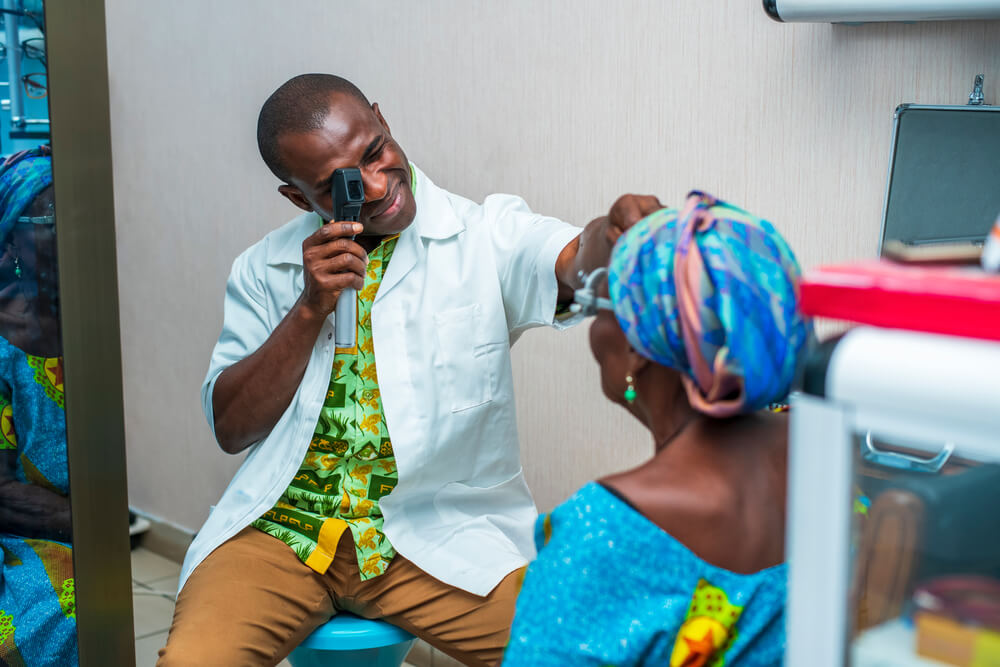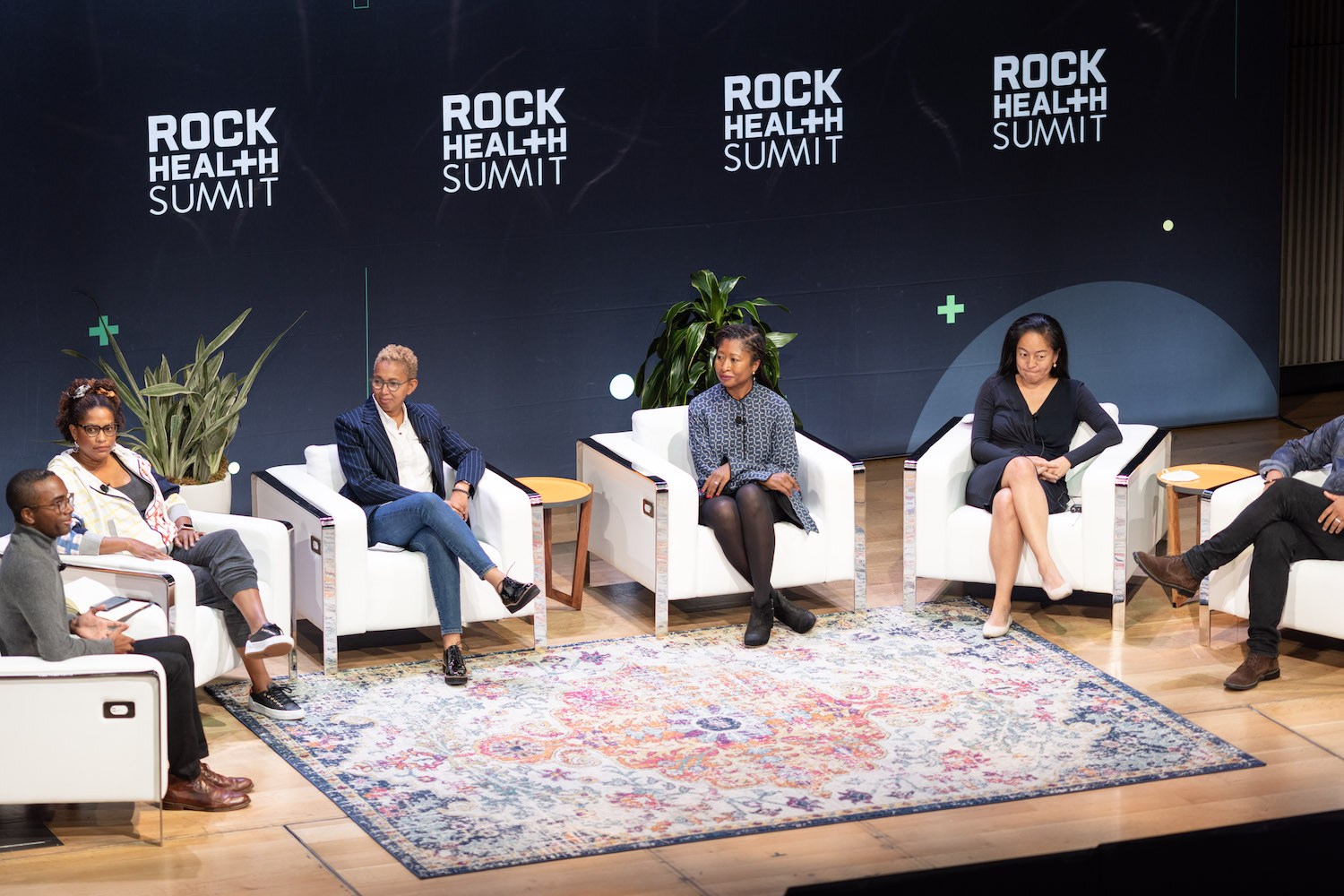Editor’s Note: Guillermo Pepe, founder and CEO of Mamotest, elaborates on the opportunity of using AI to expand access to healthcare in new ways, and their unique approach as a tech company that is still human-centric and focused on patient care.
Generative, open artificial intelligence products have won new mainstream attention, and leaders across sectors are looking for ways to apply it to accelerate their success—healthcare being no exception. According to Jure Leskovec, professor of computer science at Stanford Engineering, quoted in Stanford Magazine: “Previously, medical AI models could only address very small, narrow pieces of the health care puzzle. Now we are entering a new era, where it’s much more about larger pieces of the puzzle in this high stakes field.”
However, there is growing awareness and consensus “that the technology poses an extinction risk as great as pandemics and nuclear war,” according to a letter signed by more than 350 tech and AI scientists as reported by The Wall Street Journal last month. Specifically for health, global experts have been clear that these technologies will only widen dangerous disparities if not developed with specific intent to reduce them.
Staying vigilant against silver-bullet thinking
“Inclusiveness requires that AI for health be designed to encourage the widest possible equitable use and access.” – Dr. Tedros Adhanom Ghebreyesus, Director-General of the World Health Organization, “Ethics and governance of artificial intelligence for health”
Without a focus on inclusiveness and equity, entrepreneurs and impact investors risk developing solutions that only widen the chasm between the haves and have-nots. Among other issues, a lack of representation and diversity in AI-driven data can lead to misdiagnosis or gaps leading to faulty decision-making. Innovators must make efforts to diversify datasets used for AI development, ensure representation from different populations and continuously monitor and mitigate bias in AI algorithms. They must acknowledge that, where barriers to health exist, AI does not inherently create more access.
At Mamotest, our first idea as a breast cancer diagnosis company was to connect with women who were far away from access, technology and diagnosis. It turns out, the greatest challenge wasn’t installing mammography units in remote locations such as the Gran Chaco area, South America’s second biggest forest after the Amazonia—called “The Impenetrable” by Argentinian locals for good reason. Nor was it hiring the best medical professionals to provide real-time telediagnosis.
In fact, our greatest challenge has been ensuring that our patients, especially less wealthy women or those in rural settings, can be physically present for every appointment, receive treatment and engage with the health system after the initial diagnosis.
AI needs a human touch
We use an AI-enabled platform to track and organize data from every step of a patient’s complicated journey from the moment she steps into a mammogram center until the very last checkup to verify that she is cancer-free. AI collects and helps make sense of the data and offers sound recommendations for a patient’s every next step. But our assessment of patient needs illuminated that this AI could be much more impactful when paired with a professional human team trained in empathetic care.
While AI can support our cancer patients with specific medical, technical and logistics knowledge, most patients need psychological and emotional support to actually take every next step and actively navigate the health system. So, central to our model is our Health Navigator team—female professionals with a psycho-oncologic and medical background who are dedicated to following the cases of a specific group of patients.
Only our human-centered approach, based on empathy and engagement, could have earned us testimonies like this one, from a patient at our center in Metepec, Mexico:
“María (Health Navigator) not only gave me advice on my next steps but was of immense psychological support. She got so involved with my situation that she ended up planning a family session to tell my husband and daughter about my situation and prepare all of us for the support circle I’ll need.”
That is the kind of relational support and vision we believe only a human can genuinely provide.
AI can amplify and strengthen the patient-provider relationship
Another key consideration that AI innovators should keep in mind is the potential of AI to point patients back to their broader human support systems. We developed Bolder, a first-of-its-kind, AI-driven, full-stack platform for this reason. Bolder closely supports patients to help them reach each and every one of their treatments on time. It was a direct acknowledgement of the immense anxiety and fear that patients can feel at numerous points in their battle against cancer, including appointments with health specialists meant to serve them.
Equally important is Bolder’s capabilities to gather real-time, continuous, anonymized data about each patient’s unique experience. Over the long term, this data will drive innovation toward truly patient-centered, precision treatments of breast cancer and women’s health, shedding light on previously unknown challenges women have faced in getting the care they need. It is a form of powerful listening so we can respond better.
“If you build it, they will come” doesn’t fly with AI
I began building Mamotest 10 years ago with the goal to democratize healthcare so that any woman in Argentina was able to get not only the best technology but also the best care and human companionship as a woman in Paris or New York. Back then, we had no funds and faced harsh economic conditions, but our purpose was clear. We wanted to reach more women with not just the best technology but the most thoughtful human care possible, at every step of their journey.
We have made significant progress to achieve our goal, and it’s because AI was one—not the only—important piece in our business strategy.
Last year, in Pachuca, Mexico, where our patients are women over 50 years old who have never had a mammogram, many couldn’t imagine benefiting from high-quality patient support. Now, we are delivering them some of the best in the world. I am proud to say that 87% of all our patients arrive on time for treatment. I consider that the achievement of a dream—and we’re just getting started.
María Elena Rivera Casta, a 52-year-old Mamotest patient, said:
“The first, previous time I was checked for cancer was 10 years ago. This time, with Mamotest, I was treated with dedication and love… I am really grateful to have this opportunity with Mamotest: that they arrived in Mexico and have given me this excellent experience and high-quality care.”
Our success with patients like María and thousands of other women across Latin America gives us confidence as we look ahead to expand to countries like Costa Rica, Brazil and Colombia, among others.
We must be intentional about access
The way AI will revolutionize health is through our recognition that the technologies and data structuring are key, but only when paired closely with human connection and an intentional focus on breaking down specific barriers to access—which are not always technological. At Mamotest, we know that the combination of these priorities are the way to defeat breast cancer.
The potential and power of AI are here to stay. But that means the opportunity and urgency are even greater for entrepreneurs to ensure the technology is employed as a true tool, not a hindrance, to global health equity.
Guillermo Pepe is founder and CEO of Mamotest.
Editor’s Note: Mamotest is funded by Johnson & Johnson Impact Ventures, an impact fund within the Johnson & Johnson Foundation.

